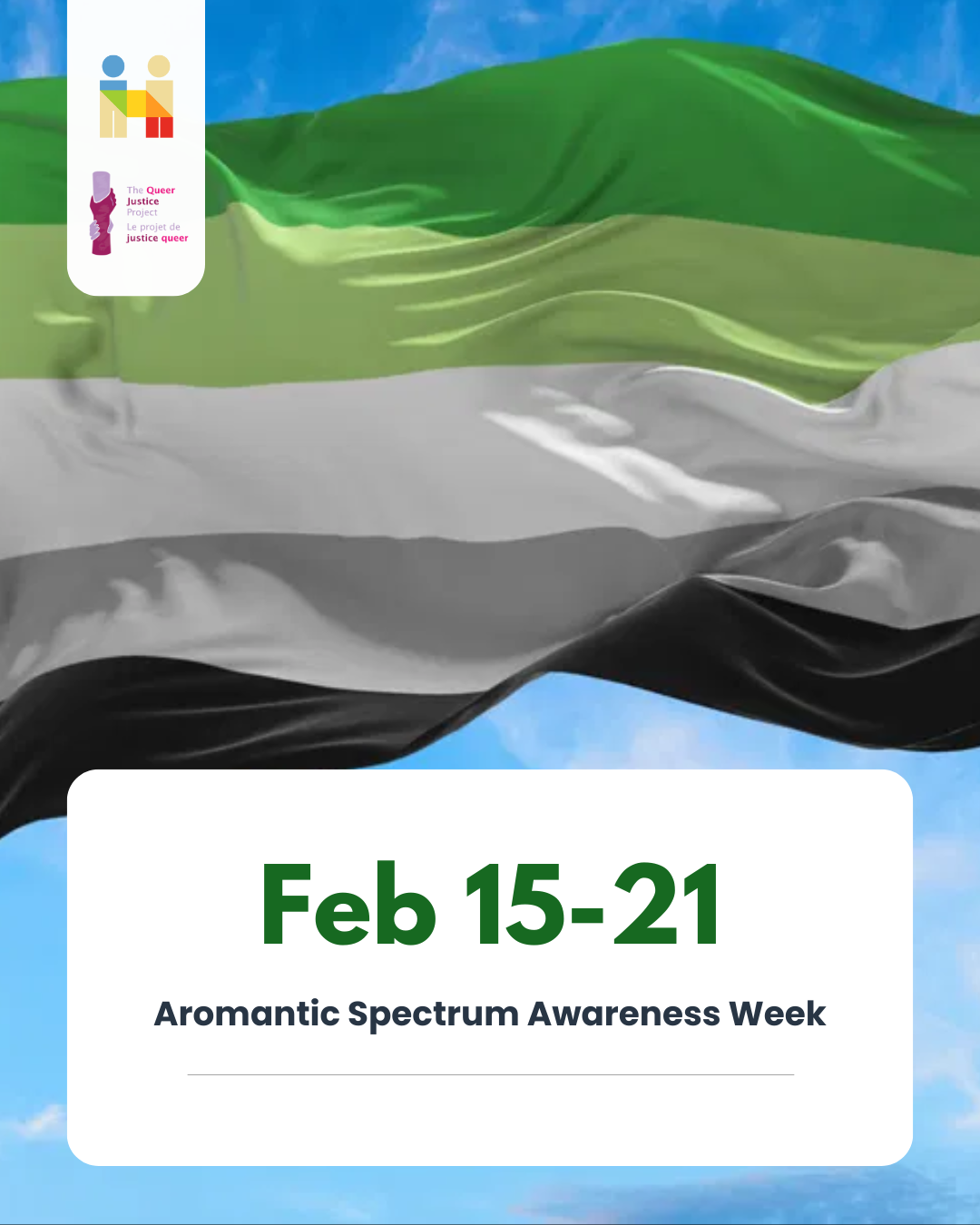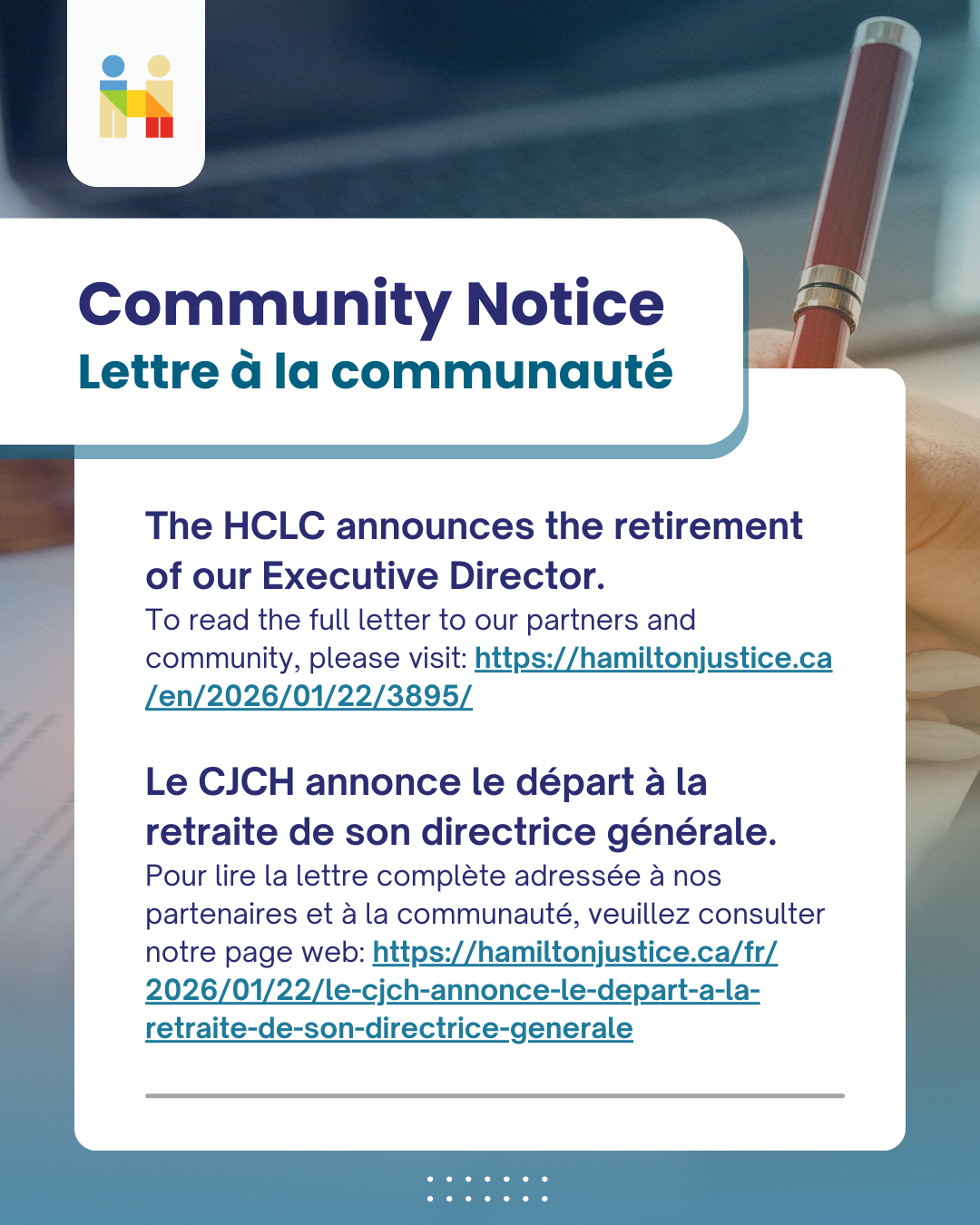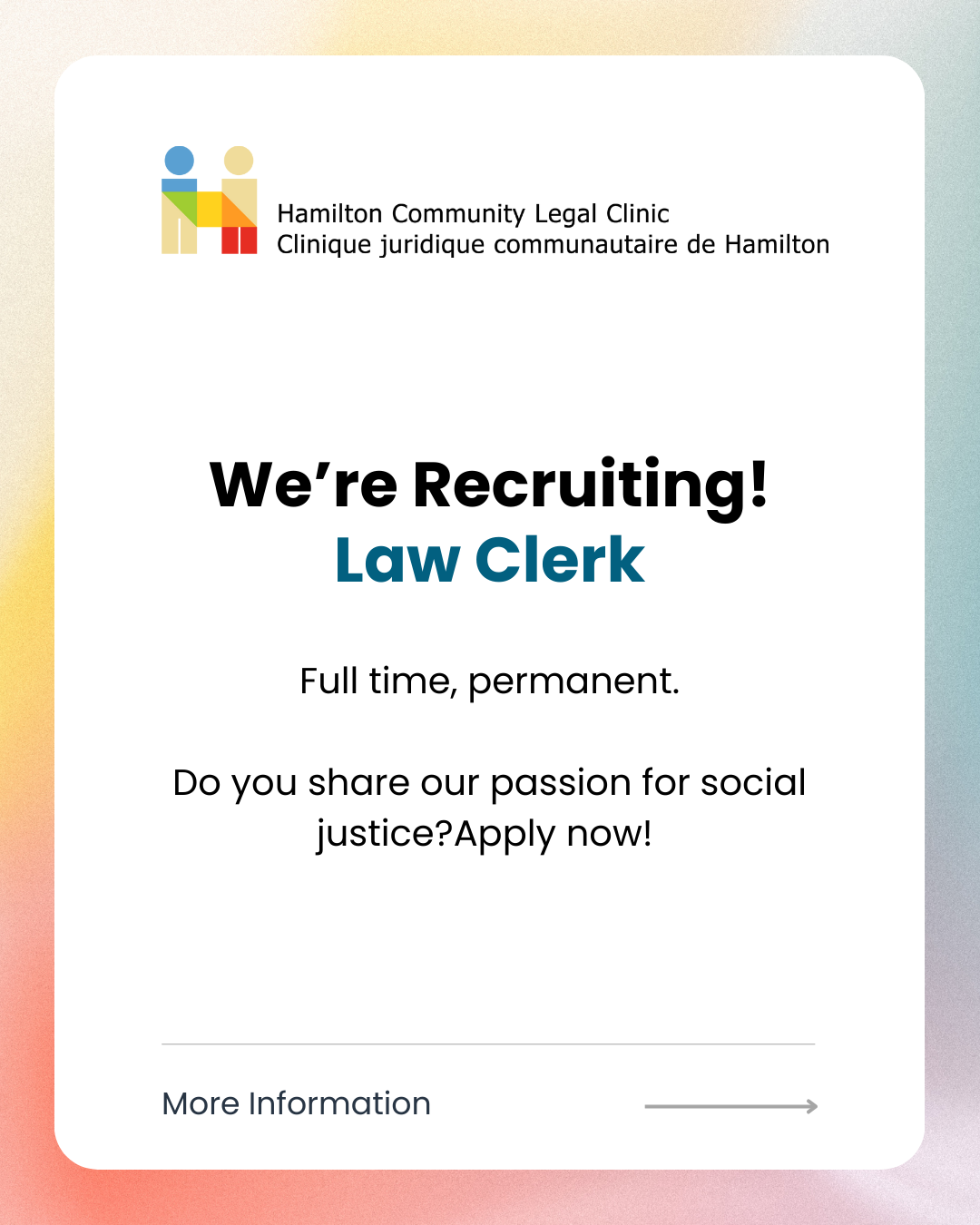
This past weekend, the City of Hamilton experienced two deeply troubling hate- motivated events.
On Saturday, February 21, Hamilton Police Services (HPS) reported that a woman experienced an unprovoked, hate-motivated assault in the downtown core. The woman was standing on a public street in the area of Augusta Street when she was approached by an intoxicated man who verbally harassed her using derogatory language and struck her in the face. HPS reported that a 28-year-old male was arrested and charged the following day.
On Sunday, February 22, white supremacists held a demonstration in front of Hamilton
City Hall. The demonstration involved 19 masked men, dressed all in black. They performed a Nazi salute while displaying their group’s flag and a banner. HPS reported that police attended the area, but the demonstrators had dispersed by the time officers arrived.
For both events, HPS is asking anyone with information to contact police at 905-546-4925, or to contact Crime Stoppers at 1-888-222-8477, if they wish to provide information anonymously.
Unfortunately, neither of these incidents is isolated. Violent incidents of hate targeting individuals based on their sexual orientation, gender identity, race, and religion have been increasing. Fascist, white supremacist ideology is becoming more visible in our city, with its supporters feeling emboldened to promote their presence and their message in our public spaces.
We are deeply concerned about the impact this rise of hate in our city has had on those who have experienced it first-hand and those who have been targeted by its messages, particularly newcomers and racialized community members.
We stand in solidarity with all Hamiltonians who condemn these acts of hate, including our civic leaders and partners, and we remain committed to creating a Hamilton where everyone can live without fear and with a sense of belonging.
We encourage anyone who has experienced hate, been impacted by hate, or who has information about a hate incident to reach out to us and our partners for support and community resources.

Aromantic Spectrum Awareness Week is an annual, week-long event held to raise awareness and educate people about the identities and issues aromantic people face.
Aromantasism is an identity that sits under the “ace” umbrella. The prefix “ace” is defined as the absence of attraction. It is the opposite of “allo”, meaning “to have attraction”.
There are many different forms of attraction, some include: platonic, romantic, sexual, sensual, estetic, alterous, and more! Ace people may have some, or total absence of attraction in one or more of the attraction categories.
Under the romance category of this split attraction model people may identify as aromantic, alloromantic or somewhere in between.
In other words, “Aromanticism is a romantic orientation, which describes people whose experience of romance is disconnected from normative societal expectations, often due to experiencing little to no romantic attraction, or sometimes feeling repulsed by romance or being uninterested in romantic relationships.”
The aromantic flag consists of five equal horizontal stripes. From top to bottom they are: Dark green and light green representing the aromantic spectrum, white representing platonic love and friendships, and lastly grey and black representing the sexuality spectrum.
Green was chosen as the primary colour due to it being the opposite or red, which is often associated with romance.
“Amatanormativity: Amatonormativity is the assumption that a central, exclusive, romantic relationship is normal for humans, and is a universally shared goal.”
Due to misinformation and stereotyping, many aromantics have felt the repercussions of both invisibility and bigotry in and outside the queer community due to amatanormativity.
As a result, there are many social and legal hurdles aro people face globally.
Amanormativity in law negatively affects rights including, but not limited to:
Sources:

Black History Month is a time to honour, celebrate, and reflect on the rich history, resilience, and contributions of Black communities in Canada and around the world. It is an opportunity not only to recognize past achievements but also to acknowledge the ongoing struggles against racism, discrimination, and systemic inequities.
As we celebrate Black History Month, we reaffirm our commitment to equity, inclusion, and access to justice. We must continue to challenge anti-Black racism, amplify Black voices, and create spaces where Black communities are respected, supported, and empowered.
Let this month be not only a moment of remembrance but also a call to action—toward meaningful change, solidarity, and a more just future for all.

January 21, 2026
To our Funders, Partners and the Hamilton Community,
On behalf of the Board of Directors, I am writing to announce the retirement of our Executive Director, Clare Freeman, effective January 23, 2026.
While Clare has spent the last four years leading our organization, her retirement marks the conclusion of her 24-year career of continuous non-profit leadership within the Hamilton community. Throughout more than two decades of service, Clare has dedicated her career to improving the quality of life for those in crisis.
We thank Clare for bringing her talents, experience, and passion to her leadership at the Clinic, ensuring access to legal services for low-income individuals.
As we look to the future, the Board will be initiating a comprehensive search for a new Executive Director to build upon this strong foundation. In the interim, we are pleased to announce that our Director of Legal Services Michael Ollier and our Manager of Client Intake and Community Programs Lindsay Beckham will share the Executive Director role.
Sincerely,
Hamilton Community Legal Clinic/Clinique juridique communautaire de Hamilton

Law Clerk
Permanent– Full Time
Listed on CharityVillage
We are looking for an experienced Law Clerk to join our housing legal team who will
provide essential support to housing law practitioners, focusing on delivering accessible,
high-quality legal services to low-income clients. The role involves a mix of administrative,
client-facing, and legal tasks, supporting tenants in understanding and exercising their
rights while helping address housing insecurity and barriers to justice.
Please apply on charityvillage.com no later than Friday, December 12th, 2025.

Ever since the pandemic, landlords and tenants have seen increasing delays before the Landlord and Tenant Board (LTB). Landlords now wait months to get a hearing and tenants must wait years to get their applications heard. Despite the LTB hiring more staff to operate a digital-first approach to solving the problem, the delays persist and grow.
Bill 60 proposes a number of changes that are supposed to address delays at the LTB. However, some of them would actually add to the delays and all of them would take away tenant rights, including:
Other proposed changes include restricting the LTB in temporarily postponing evictions, defining “persistent late pay of rent” so as to reduce the LTB’s ability to grant relief from eviction, making it harder for tenants to set aside orders made without hearings, and removing one month’s rent compensation for tenants facing “personal use evictions” where four months notice is given instead of two. All of these proposals are aimed at tenants. None of these are necessary to achieve a more efficient tribunal.
The Landlord and Tenant Board operated much more efficiently in person before the pandemic. Landlords and tenants agree the common sense solution is to return to that method of adjudication. Trimming the rights of tenants as an alternative would be an injustice.

We are getting close to September 25, 2025, which is Franco-Ontarian Day. The Clinic’s French Language Services Team will be part of the morning celebration at the City Hall to witness the Franco-Ontarian flag being raised. Over 150 kids will be present to celebrate this important date so feel free to join us at City hall for 10am! We would also like to encourage you to wear white and/or green on next Wednesday to show your support to our community
Here is a short explanation of the symbolism of the day:
Not including Québec, the Franco-Ontarian community is the second community (after Acadia) to be granted an official flag. The flag has two colors: green to represent summer and white to represent winter. It also features a fleur-de-lys, the symbol of La Francophonie, and a trillium flower, the symbol of Ontario. The flag was raised for the first time on September 25, 1975 at the University of Sudbury, and the Franco-Ontarian community has celebrated its anniversary ever since. However, even though the flag has been in use since 1975, it only became the official symbol of the Franco-Ontarian community on June 21, 2001. September 25 officially became Franco-Ontarian Day in 2010.
Have you worked in Canada as a temporary foreign worker?
A class action was launched in September 2024 regarding “employer-tying measures” imposed on temporary foreign workers, including employer-specific or “closed” work permits.
For more information please visit: https://dtmf-rhfw.org/en/strategic-litigation/
PDFs are available on the website in English, French, and Spanish.
The problem
Every year, Canada admits thousands of individuals into the country under foreign worker status, many of whom are employed in private households and on farms. These individuals face one or more measures restricting their right to resign and change employers – such as employer(s)-specific work permits or standard work contracts with clauses tying them to a specific employer in the country.
If the employment relationship ends with the employer-sponsor (or group of employers-sponsors), the individual’s right to work in Canada is automatically revoked. As such, workers tied to their employers are radically hesitant to quit or take any action that could put their jobs at risk. This includes declining unsafe work, demanding the respect of the contract or reporting a right violation.
Since employer-tying measures impose such serious consequences on workers who quit or resign (such as the risk of not being able to renew their work permit), these workers de facto end up, according to North American jurisprudence, in a legal condition of servitude.
In broader terms, when foreign worker admission programs incorporate employer-tying measures, they result in the consolidation of an unfree labour system, characterized by the reduced applicability of human rights, employment, labour, immigration, tax and anti-trust legislations – and a diminished application of the Rule of Law.
The action aims to end measures that bind workers to specific employers and obtain compensation for the harms done by, on the basis that these measures constitute unjustifiable violations, in a free and democratic society, of workers’ fundamental rights to life, liberty, and security of the person, and not to be discriminated based on the country of origin, etc. (in Canada protected by the Charter of Rights and Freedom sections 7 and 15).

February is Black History Month—a time to honor the rich history, contributions, and resilience of Black communities in Canada. It is a moment to celebrate the progress achieved, reflect on the challenges that remain, and recommit ourselves to the ongoing fight for justice and equity. At Together We Rise (TWR), we are deeply committed to combating individual and systemic anti-Black racism and advancing the principles of equity and inclusion. Our work is rooted in the belief that justice is not a privilege but a right for every individual. Through collaboration with community organizations, we aim to support, empower, and amplify the voices of Black individuals in Hamilton. Our aim is to facilitate access to justice by connecting Black community members to essential legal services.

As September 30th approaches I am forced to reflect on the harm done to my mother, a residential school survivor of the Mount Elgin Residential school ( MERS) and the Mohawk Institute (MI). My mom was transferred from MERS to MI because she and my auntie were communicating in an ancient Indigenous language.
I get flashbacks to the Sunday afternoon sitting in my mom’s kitchen and her telling me about the harm done to her as a small child in those institutions flood my memories. Bad memories that torture my mind and spirit.
Some days, I refuse to reflect and entertain those memories because they are too damaging to my spirit. They affect my mental and emotional and spiritual being. The harm to my mom was spiritual, emotional, physical, sexual and cultural. The harm to my mom is harm to me. I now carry the legacy of harm that she carried throughout her lifetime. I had struggled emotional, mentally and spiritually to deal with all the abuse to my mom and that it affects me.
My mom spoke a couple of Indigenous languages prior to forced attendance at residential schools. The abuse she suffered speaking her languages caused her such pain that she would not speak her languages and therefore could not teach me the languages.
This is an example of one small part of the harm done to me. My mom never heard the words I love you or you are smart, amazing, intelligent or other caring loving phrases such as those while in the residential schools. And while she had never heard those while growing up, I didn’t hear those from my mom.
My strength comes from the ceremonies that I had learned from my dad and others. I must quickly turn to ceremony to release the harm.
Just like me, many Indigenous people across Turtle Island carry similar harms. I feel successful that I have been able to manipulate this harm into something that I am able to deal with, to live with and to survive in. Others may not have been able to succeed in doing this.
As September 30th approaches let us be present in this time and mindful that many of us are still carrying the harm done; the legacy of harm and our truth must be told. Let us take time to listen to truth and learn from it. Let us find ways to help others with the legacies of harm that they carry and figure out how we can help them.
September 30th, Orange Shirt Day, or Truth and Reconciliation Day is a day of reflection and remembering across the territories. It is NOT a day of celebration. How we reflect and what we reflect on will vary from person to person. Each of us will be remembering or reflecting on very different things.
While Canada recognizes September 30th as Truth and Reconciliation Day, let us never forget the origin of September 30th as Orange Shirt Day and the lived experience and truth of Phyllis Webstad a member of the Stswecem’c Xgat’tem First Nation, a survivor of Canadian Indian Residential Schools and the creator of Orange Shirt Day.
Let us be mindful that reflections will vary from person to person and the reflections Indigenous people have may trigger pain and grief.
Let us approach this day with kindness, empathy and sincerity to make change.
Let us work together to remain strong and support one another.
Chief Tecumseh once said, “A single twig breaks, but the bundle of twigs is strong.”
NaWalka Geeshy Meegwun aka Lyndon George
Indigenous Justice Coordinator, YEN:TENE
Hamilton Community Legal Clinic
–
Today is the National Day for Truth & Reconciliation.
We honour and mourn the children who never returned home and survivors of residential schools, as well as their families and communities. Public commemoration of the tragic, painful history and ongoing impacts of residential schools is a vital component of the reconciliation process.
As settlers, individuals, organizations, communities, and as a nation it is our job to continue to live with the discomfort of recognizing our mistakes, whether generational and/or personal. We must continue to forever carry this knowledge, putting in the hard work to learn, unlearn, and implement the changes needed in so-called Canada and around the world. Recognizing that the weight of settler’s feelings can never outweigh the damage caused to Indigenous communities.
Reconciliation is not an endpoint, but instead, a continuous effort and goal to think and work intersectionally toward justice, healing, and belonging.